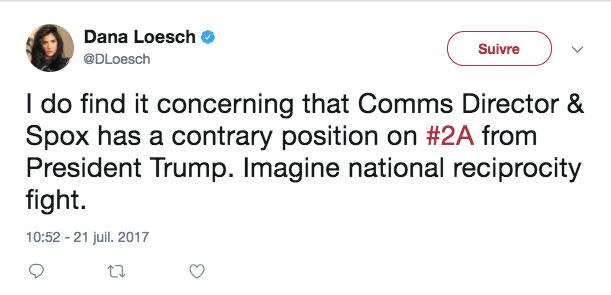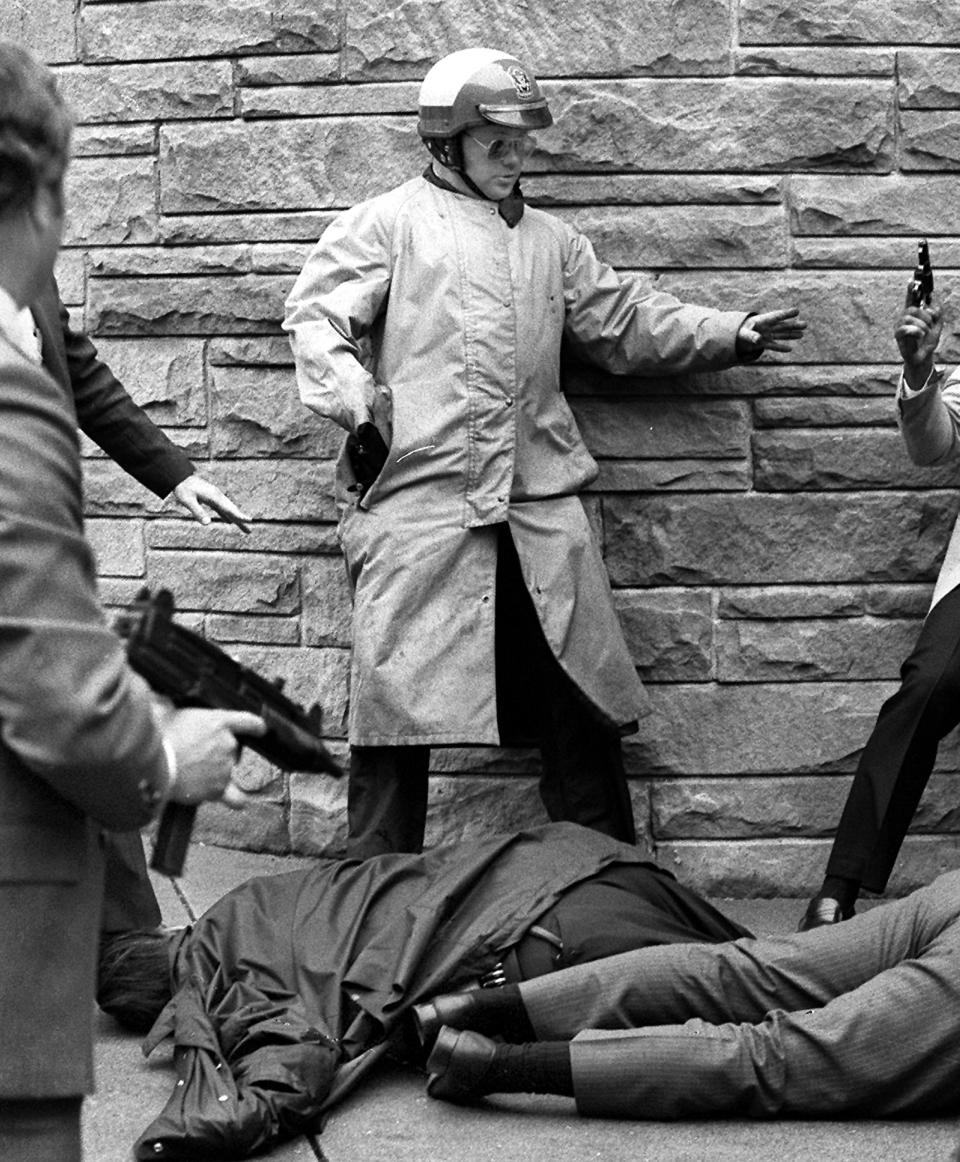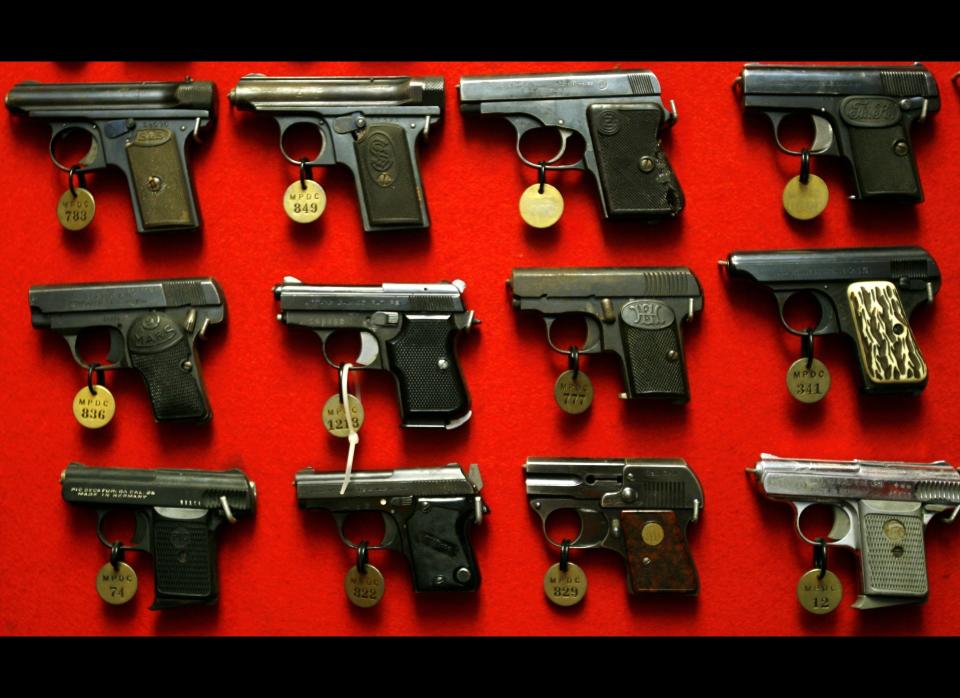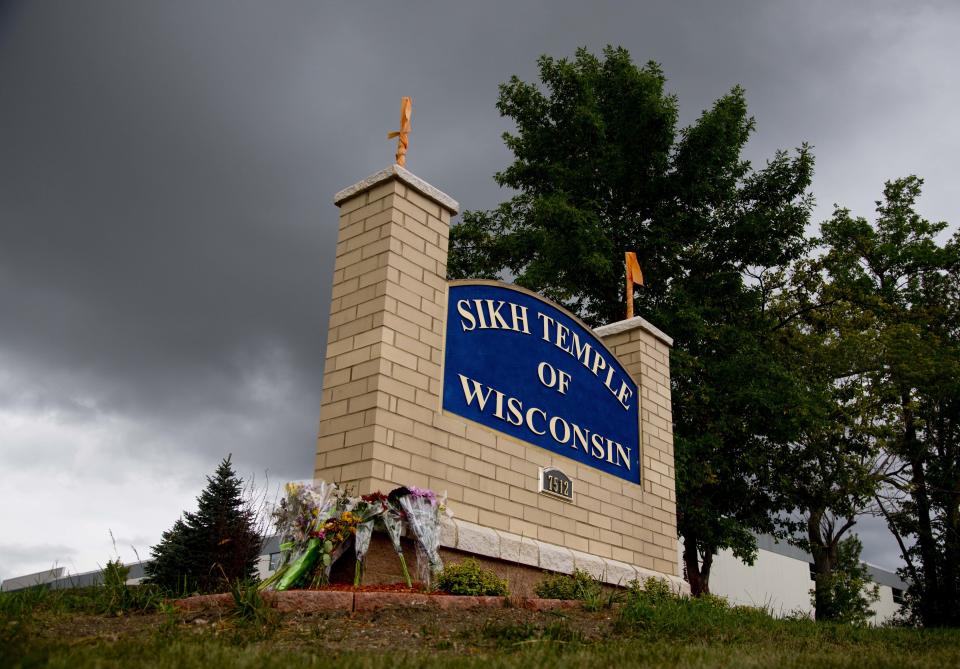The NRA's Spokeswoman Is Not Happy With Trump's Latest Hire
WASHINGTON ― Here’s something you may not know about President Donald Trump’s new communications director, Anthony Scaramucci: He’s an ardent supporter of gun control.
Scaramucci, a businessman and longtime Trump ally, has tweeted for years about his support for tighter gun laws, stating in 2012, “I have always been for strong gun control laws.” He’s also made the point that keeping a gun in your house is more likely to harm you or your loved ones than a potential intruder (which is true).
We (the USA) has 5% of the world's population but 50% of the world's guns. Enough is enough. It is just common sense it apply more controls
— Anthony Scaramucci (@Scaramucci) August 6, 2012
@laurasgoldman I don't support that legislation, never had, I have always been for strong gun control laws.
— Anthony Scaramucci (@Scaramucci) December 15, 2012
Daily liquidity in alts = keeping a gun in home. Illusion of security, but more likely to cause you harm
My post: https://t.co/gIG65Ci7Hr— Anthony Scaramucci (@Scaramucci) July 8, 2015
And the killings went down. Do your homework. The guns were taken from people who put their fellow citizens at risk https://t.co/mlP1npsVF8
— Anthony Scaramucci (@Scaramucci) June 23, 2016
His views are not sitting well with Dana Loesch, the national spokeswoman for the National Rifle Association. On Friday, just as news was breaking about Scaramucci’s hiring, Loesch tweeted that Trump had made a “concerning” choice in Scaramucci since he has “a contrary position” to the president on gun rights. The tweet was later taken down.
Here’s a screenshot of the now-deleted tweet, compliments of Wayback Machine, a digital archive of the web.

Loesch is suggesting that Scaramucci’s presence in the White House could complicate the NRA’s effort to advance its No. 1 legislative priority: national concealed carry reciprocity, which would require states that issue permits for concealed weapons to also recognize such permits from other states. Trump has publicly supported this policy.
Jennifer Baker, another NRA spokeswoman, told HuffPost that Loesch was only speaking for herself when she questioned Scaramucci’s views.
“Dana Loesch was not speaking on behalf of the National Rifle Association when she commented on recent White House personnel decisions,” she said.
Asked if the NRA does, then, have an official position on Trump hiring Scaramucci, Baker said only, “No.”
A White House spokeswoman did not respond to a request for comment on Trump’s and Scaramucci’s different views on gun safety.
Though her original tweet is deleted, Loesch tweeted out a few more thoughts about her concerns with Scaramucci.
I hope you’ve changed your mind on this. https://t.co/0LYBpqLYag
— Dana Loesch (@DLoesch) July 21, 2017
— Dana Loesch (@DLoesch) July 21, 2017
You’re talking about someone responsible for presenting President’s message to public. Not a policy maker, but a narrative maker, so, huge.
— Dana Loesch (@DLoesch) July 21, 2017
HuffPost tweeted at Loesch and asked why she deleted her original, more critical tweet. She tweeted back that her tweets felt “redundant” and asked if it is “illegal” to delete a tweet. (It is not.)
Loesch, whose Twitter bio states that she is the NRA’s spokeswoman, did not respond when asked about the comment from Baker, the other NRA spokeswoman, that Loesch was not speaking for the NRA in her tweets.
Meanwhile, on the other side of the issue, Shannon Watts, founder of Moms Demand Action for Gun Sense in America, said Scaramucci could be a much-needed voice of reason in the White House.
“A vast majority of Americans ― including gun owners, NRA members and Republicans ― overwhelmingly support common-sense gun laws,” said Watts. “While NRA leaders may have a seat at the table in Trump’s White House, there are millions of Americans standing on the side of gun safety, possibly including the new White House Communications Director.”
Love HuffPost? Become a founding member of HuffPost Plus today.
Also on HuffPost
1981: The Attempted Assassination Of President Ronald Reagan

1993: The Brady Handgun Violence Act

1994: The Violent Crime Control and Law Enforcement Act

2004: Law Banning Magazines Holding More Than Ten Rounds Of Ammunition Expires

2007: The U.S. Court of Appeals For The District Of Columbia Rules In Favor Of Dick Heller

2008: Supreme Court Strikes Down D.C. Handgun Ban As Unconstitutional

Gabrielle Giffords And Trayvon Martin Shootings

Colorado Movie Theater Shooting

Sikh Temple Shooting

This article originally appeared on HuffPost.
